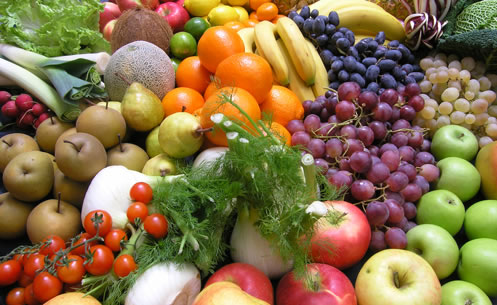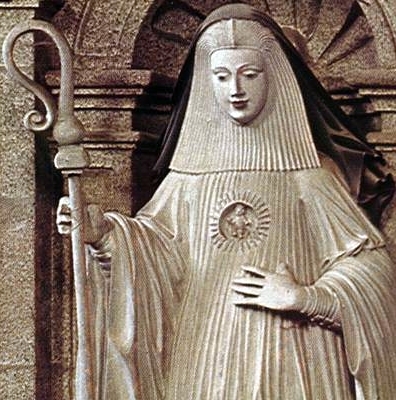Finding Connection in the Bread and the Cup
Jo-Ann Badley and Stephanie Neill propose that the current interest in food in North American culture redresses cultural patterns of detachment in ways consonant with New Testament practices of communion, calling us to gratitude and recognition of the relational character of human living.



